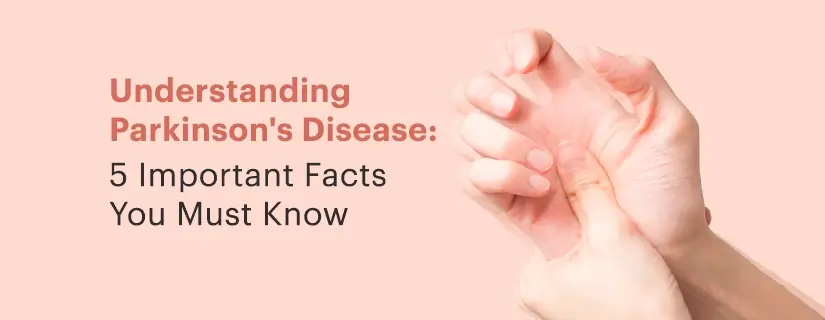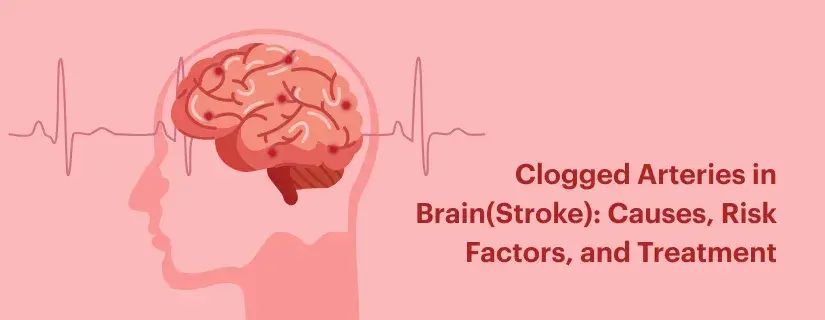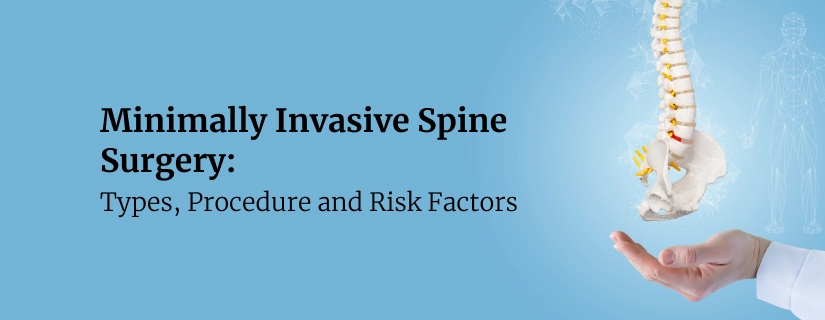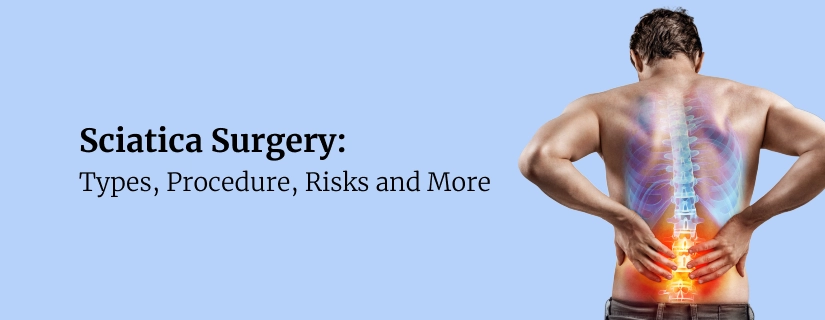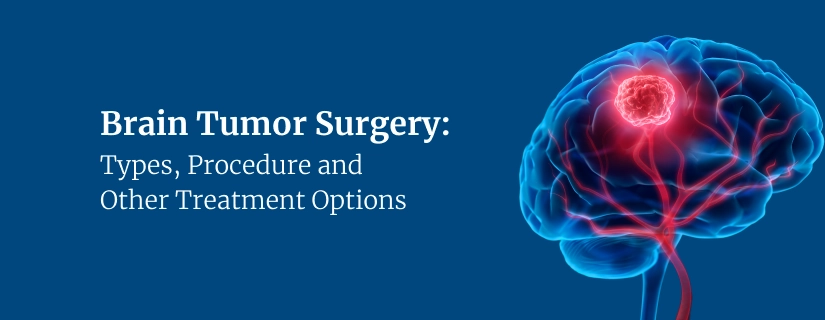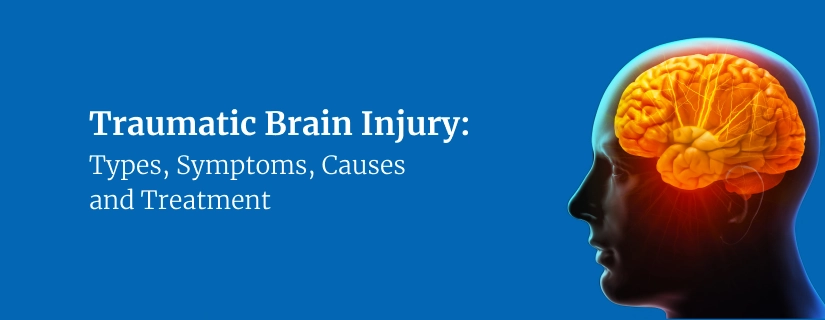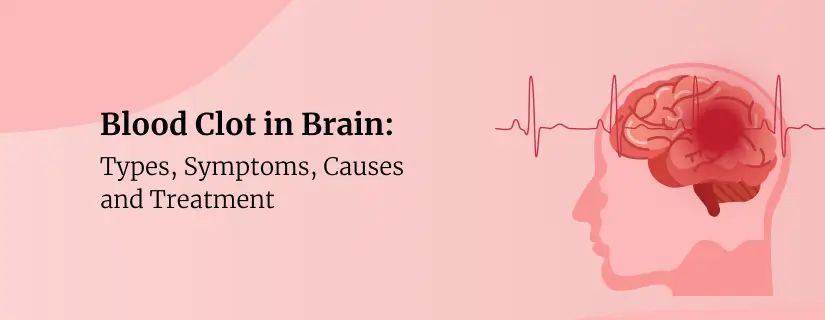-
Doctors
-
Specialities & Treatments
Centre of Excellence
Specialties
Treatments and Procedures
Hospitals & Directions HyderabadCARE Hospitals, Banjara Hills CARE Outpatient Centre, Banjara Hills CARE Hospitals, HITEC City CARE Hospitals, Nampally Gurunanak CARE Hospitals, Musheerabad CARE Hospitals Outpatient Centre, HITEC City CARE Hospitals, Malakpet
HyderabadCARE Hospitals, Banjara Hills CARE Outpatient Centre, Banjara Hills CARE Hospitals, HITEC City CARE Hospitals, Nampally Gurunanak CARE Hospitals, Musheerabad CARE Hospitals Outpatient Centre, HITEC City CARE Hospitals, Malakpet Raipur
Raipur
 Bhubaneswar
Bhubaneswar Visakhapatnam
Visakhapatnam
 Nagpur
Nagpur
 Indore
Indore
 Chh. Sambhajinagar
Chh. SambhajinagarClinics & Medical Centers
Book an AppointmentContact Us
Online Lab Reports
Book an Appointment
Consult Super-Specialist Doctors at CARE Hospitals
Parkinson’s Disease: Early signs to look for
Updated on 17 May 2019

Table of Content
Parkinson's disease (PD) is a neurodegenerative disorder. This means that it is a disease that affects the nervous system and manifests as a progressive loss of muscle movement and control. It is usually considered to be a geriatric condition or a condition that affects the elderly, and early onset Parkinson's disease is relatively rare. Worldwide, the prevalence of this disorder has doubled from about 2•5 million patients in 1990 to over 6.1 million patients in 2016. Studies say that there are currently over a million people suffering from Parkinson's disease in India. Early detection and timely Parkinson's treatment help greatly in retarding or slowing the progress of the disease. As such it becomes important to understand the symptoms of the disease.
Parkinson's disease: Signs and Symptoms
The early signs of Parkinson’s disease are both mild and varied. As such they often go unnoticed or are misdiagnosed. With time, however, they worsen. If only one side is affected by the early Parkinson's disease symptoms, the other side also gets affected with time. If any of the following symptoms affect you, it is important to get in touch with a medical specialist at one of the best neuro hospitals in India –
-
Tremors: The earliest signs of PD include tremors that may occur in either hand or in one or both feet or even in one or more fingers. While tremors are symptoms of many ailments, the PD tremor occurs even when the limb is at rest.
-
Masking or rigidity of facial expressions: Early PD may also manifest as rigid facial expressions or a lack of fluidity in facial muscles. In fact, all the automatic movements that are performed by us such as blinking, smiling, and swinging of arms while walking, may all seem laboured.
-
Stiffness in limb movement: One of the more classic signs of PD is the stiffening of the limbs. This may occur in any limb and feels like a laboured movement of muscles. This is referred to as Bradykinesia in medical parlance.
-
Posture and impaired balance: Impaired balance and a stiffening posture often accompany the onset of PD. This means that the patient may stumble or trip often or may find it difficult to fluidly change postures.
-
Slurring of speech: Slurring or speech or voice changes are often noted in early PD patients.
-
Change in handwriting: With the onset of PD, patients often find it difficult to write. The handwriting may appear smaller or messier.
In Parkinson's disease, the brain neurons break down over time and the level of dopamine, an important neurotransmitter, decreases. The cause of the disease remains unknown, although researchers have attributed it to both genetic and environmental factors.
There is no known cure for Parkinson's disease. There are, however, several cures that delay the onset of motor symptoms. It then becomes essential to start treatment with an experienced neurologist from the best hospital for Parkinson's disease. CARE Hospitals is ranked among the best hospitals for neuro surgery and treatment of neurological disorders in the country. Consult the neuro doctors here for the best possible treatment.

ENQUIRY FORM
SELECT CATEGORIES
-
Neurosciences (16)
-
Neurology (37)
-
Neurosurgery (14)
-
Orthopaedics (48)
-
Oncology (33)
-
Obstetrics and gynecology (52)
-
Pulmonology (23)
-
Urology (20)
-
Nephrology (13)
-
Psychiatry (7)
-
Dietetics and Nutrition (111)
-
General Medicine (63)
-
Cardiac Sciences (32)
-
Vascular & Endovascular Surgery and Interventional Radiology (15)
-
Gastroenterology (46)
-
Endocrinology (23)
-
Plastic Surgery (10)
-
Critical Care Medicine (5)
-
COVID-19 (16)
-
Dermatology (16)
-
Emergency Care (1)
-
Ophthalmology (4)
-
Pediatrics (14)
-
Laparoscopic and Bariatric Surgery (8)
-
ENT (15)
-
Kidney Transplant (1)
-
Liver Transplantation and Hepatobiliary Surgery (5)
-
General Surgery (3)
-
Internal Medicine (5)
-
Medicine Information
Understanding Brain Tumour - Symptoms and Treatments
4 Myths about Epilepsy Busted
YOU MAY ALSO LIKE
RECENT BLOGS
-

Rotablation Angioplasty: Benefits, Treatments, And Recovery Time
9 May 2025
Read More
-

What Is The Difference Between IUI and IVF?
9 May 2025
Read More
-

Venous Malformations: Causes, Symptoms, and Treatment
30 April 2025
Read More
-

Varicose Vein Foam Sclerotherapy: Treatment, Benefits, and Procedure
30 April 2025
Read More
-

Radiofrequency (RF) Ablation Treatment for Varicose Veins: Know More
30 April 2025
Read More
-

Varicose Vein Sclerotherapy: Treatment, Benefits, and Procedure
30 April 2025
Read More
-

Varicose Vein Endovenous Laser Ablation: Procedure, Benefits, Risks
30 April 2025
Read More
-
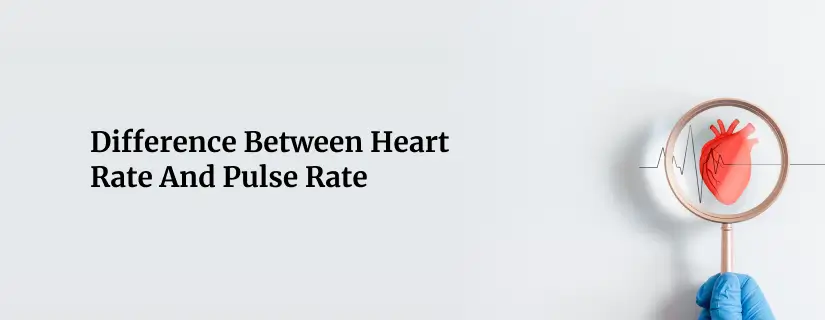
Difference Between Heart Rate And Pulse Rate
24 April 2025
Read More
Have a Question?
If you cannot find answers to your queries, please fill out the enquiry form or call the number below. We will contact you shortly.




